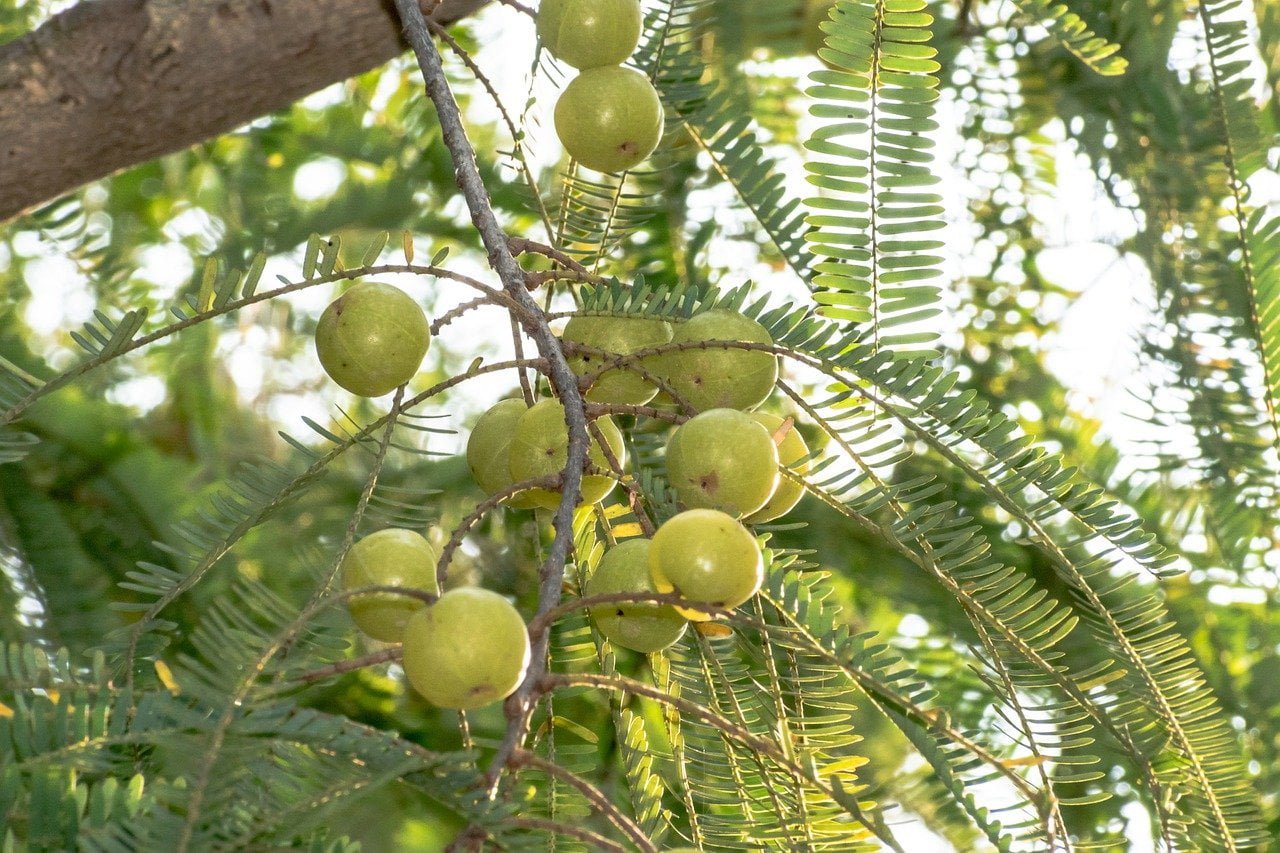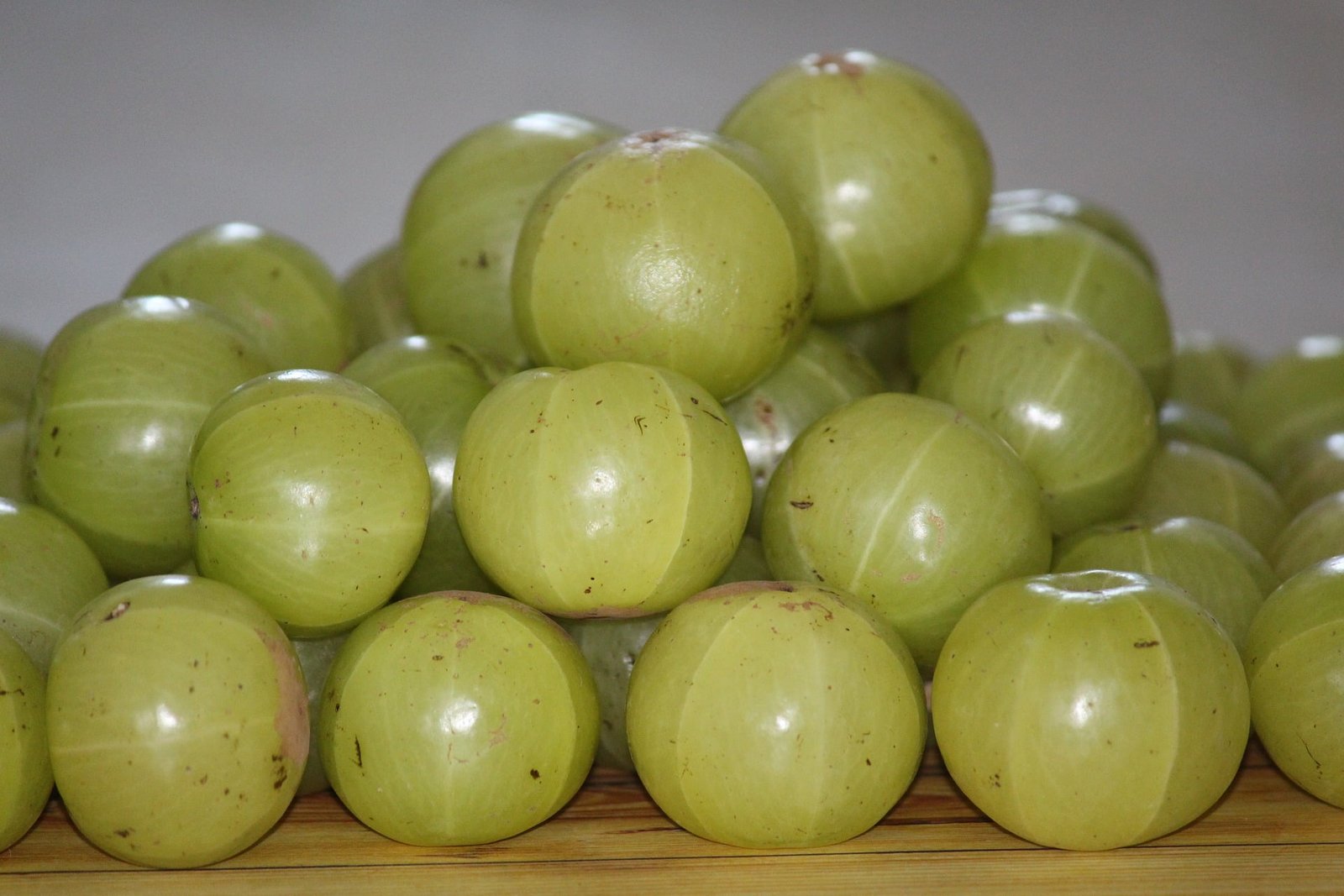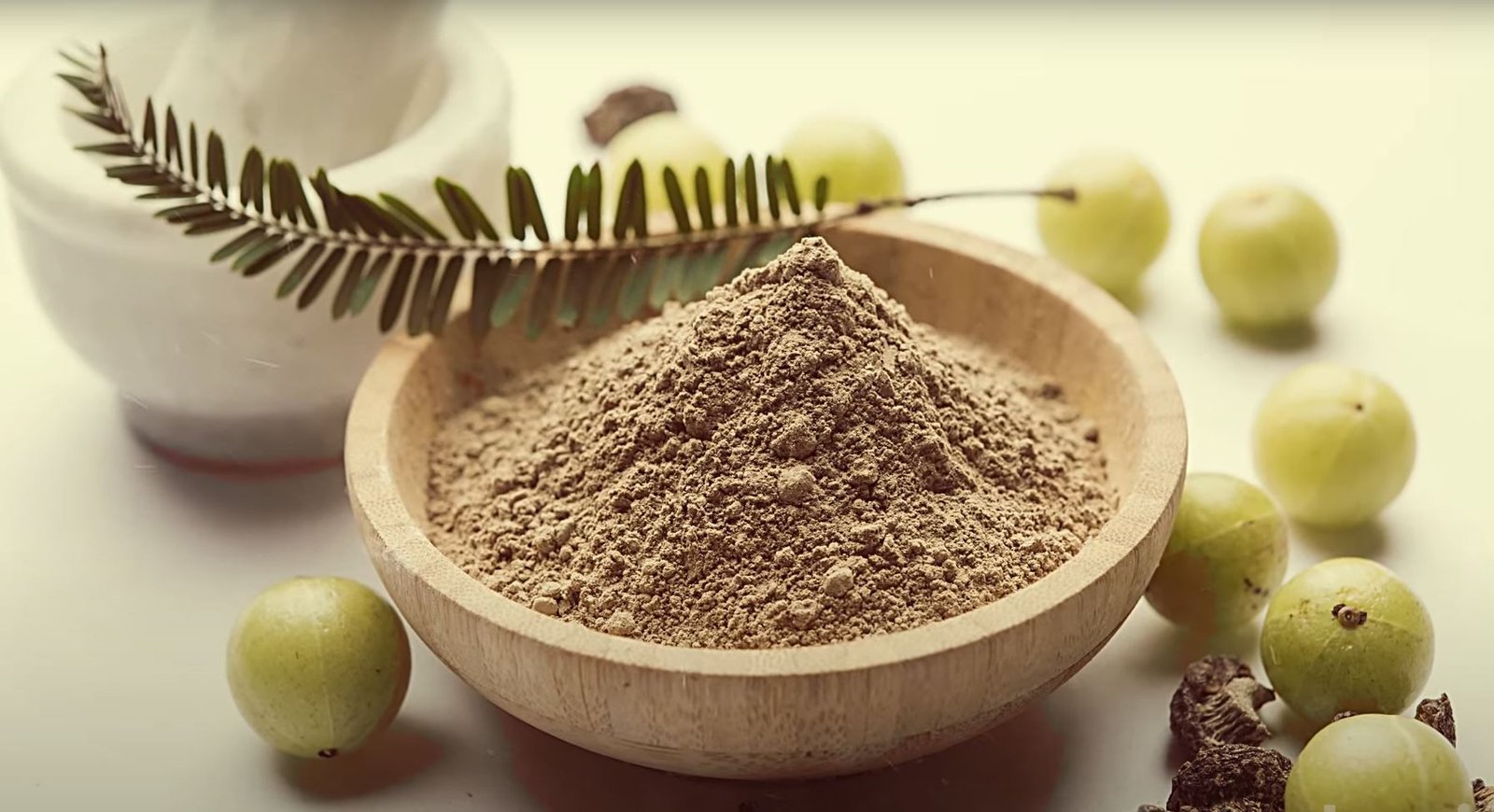
Amla, also known as Indian gooseberry, is a small, green fruit packed with nutrients. As an expectant mother, maintaining a healthy diet is crucial for both you and your baby’s well-being. Let’s explore whether amla is a good addition to your pregnancy diet.
What is Amla?
Amla is a fruit from the Phyllanthus emblica tree, known for its tart taste and impressive nutritional profile. It is rich in Vitamin C, antioxidants, and various essential minerals, making it a potent health booster.

Boosts Immunity: The high Vitamin C content helps strengthen the immune system, protecting against infections.
Enhances Iron Absorption: Vitamin C in amla aids in the absorption of iron, preventing anemia which is common in pregnancy.
Aids in Digestion: Amla’s fiber content promotes healthy digestion and prevents constipation.
Reduces Morning Sickness: Consuming amla can help alleviate nausea and vomiting, common in early pregnancy.
Promotes Healthy Skin and Hair: Amla’s nutrients support healthy skin and hair, which can be affected by pregnancy hormones.

Nutritional Value/100g of Amla
Energy 58 kilo calories
Fiber 3.4%
Proteins 0.5%
Fat 0.1%
Carbohydrates 13.7 g
Calcium 50 %
Iron 1.2 mg
Carotene 9 microgram
Thiamine 0.03mg
Riboflavin 0.01mg
Nicene 0.2mg
Vitamin 600mg
Vitamin C: A Crucial Nutrient
Vitamin C plays a pivotal role in supporting the immune system. During pregnancy, the immune system undergoes significant changes, and having a strong defense against infections is essential. Amla, being rich in Vitamin C, can help maintain robust immunity, ensuring both mother and baby stay healthy.

Antioxidants: Protecting Against Oxidative Stress
Pregnancy can increase oxidative stress due to the higher metabolic demands and increased oxygen consumption. Antioxidants in amla help neutralize free radicals, protecting cells from damage. This can contribute to overall better health and reduce the risk of complications during pregnancy.

Essential Minerals: Supporting Growth and Development
Amla is a good source of essential minerals like calcium, iron, and phosphorus. Calcium is vital for developing the baby’s bones and teeth, while iron is crucial for producing red blood cells and preventing anemia. Phosphorus plays a role in forming bones and teeth and helps the body use carbohydrates and fats.
Fiber
Dietary fiber in amla plays a significant role in liver health by promoting healthy digestion and regular bowel movements. This helps in the efficient elimination of toxins from the body, reducing the liver’s workload. A high-fiber diet is known to support liver function and prevent conditions such as fatty liver disease.
Potential Side Effects and Precautions
While amla is generally safe for most people, there are some potential side effects and precautions to keep in mind:
Overconsumption Risks
Eating too much amla can lead to digestive issues such as diarrhea or stomach cramps. It’s important to enjoy it in moderation.
Allergic Reactions
Some individuals may be allergic to amla. If you experience any signs of an allergic reaction, such as itching, swelling, or difficulty breathing, seek medical attention immediately.
Interaction with Medications
Amla can interact with certain medications, particularly blood thinners. If you are on any medication, consult your healthcare provider before adding amla to your diet.
Consulting with Your Healthcare Provider
It’s always a good idea to discuss any dietary changes with your healthcare provider. They can provide personalized advice based on your health needs and ensure that incorporating amla into your diet is safe for you and your baby.

Cultural and Traditional Uses of Amla in Pregnancy
Amla has been used in traditional medicine for centuries, particularly in Ayurveda. Ayurvedic practitioners often recommend amla for its health benefits during pregnancy. Traditional recipes like amla murabba (sweet preserve) are popular in many cultures and are believed to support overall health and well-being.
Scientific Research on Amla and Pregnancy
While there’s a wealth of anecdotal evidence supporting the benefits of amla during pregnancy, scientific research is still catching up. Some studies highlight amla’s nutritional properties and its potential health benefits, but more research is needed specifically on its effects during pregnancy.

Amla vs. Other Nutrient-Rich Foods for Pregnancy
Comparing amla to other nutrient-rich foods can help you understand its unique benefits. For example, while oranges are also high in Vitamin C, amla provides a higher concentration of antioxidants. Including a variety of fruits and vegetables in your diet ensures you get a broad spectrum of nutrients.
Personal Stories and Testimonials
Many women have shared their positive experiences with consuming amla during pregnancy. These testimonials often highlight benefits like improved digestion, reduced nausea, and better overall health. While individual experiences may vary, these stories provide valuable insights into the potential benefits of amla.
Recipes and Tips for Consuming Amla
Here are some delicious and easy ways to include amla in your pregnancy diet:

Fresh Amla
Eating fresh amla is one of the best ways to reap its benefits. It can be consumed raw, added to salads, or blended into smoothies. The tart taste of fresh amla may take some getting used to, but its health benefits make it worthwhile.
Amla Juice
Amla juice is a concentrated form of this fruit’s nutrients. Drinking amla juice daily can provide a quick and efficient way to boost your liver health. To prepare amla juice, blend fresh amla with water and strain the mixture. You can add a bit of honey or salt to enhance the taste.
Amla Supplements
For those who find fresh amla or its juice too tart, amla supplements are a convenient alternative. Available in capsule or powder form, these supplements can easily be incorporated into your daily routine. Ensure that you choose high-quality supplements from reputable brands.
Amla Tea
Steep amla slices in hot water with a bit of ginger and honey to make a soothing tea that aids digestion.
Recipes Featuring Amla
Amla can be used in various recipes to make it more palatable. For instance, you can prepare amla chutney by blending fresh amla with mint, coriander, and spices. Another option is to add amla powder to your morning smoothie or oatmeal for an added nutrient boost.
Common Myths About Amla During Pregnancy
There are several myths surrounding the consumption of amla during pregnancy. Here are some common misconceptions and the facts:
Myth: Amla Causes Preterm Labor
There is no scientific evidence to support the claim that amla causes preterm labor. When consumed in moderation, amla is safe for most pregnant women.
Myth: Amla Leads to Excessive Acidity
While amla is acidic, it does not necessarily lead to increased acidity in the body. In fact, it can help balance stomach acids and improve digestion.

Amla can be a valuable addition to your pregnancy diet, offering numerous health benefits such as boosting immunity, enhancing iron absorption, aiding digestion, and reducing morning sickness. However, it’s important to consume it in moderation and consult with your healthcare provider to ensure it fits well with your dietary needs. By incorporating amla in various forms, you can enjoy its nutritional benefits and support a healthy pregnancy.
Yes, but in moderation. Consuming one or two amla fruits a day is generally safe and beneficial.
Overconsumption can cause digestive issues. Some people may also be allergic to amla.
It’s best to stick to one or two fruits or the equivalent in other forms like juice or powder.
Yes, many women find that amla helps reduce morning sickness.
Generally, yes. However, always consult your healthcare provider for personalized advice.
Amla can interact with certain medications, especially blood thinners. Consult your doctor before use.
Fresh amla is seasonal, but dried amla, powder, and supplements are available year-round.
Note: It’s always recommended to consult with a healthcare professional for personalized advice, especially if you have underlying health conditions.
